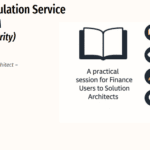

EM506 – Compliance and Policy Enforcement in Expense Management: Best Practices for Organizations
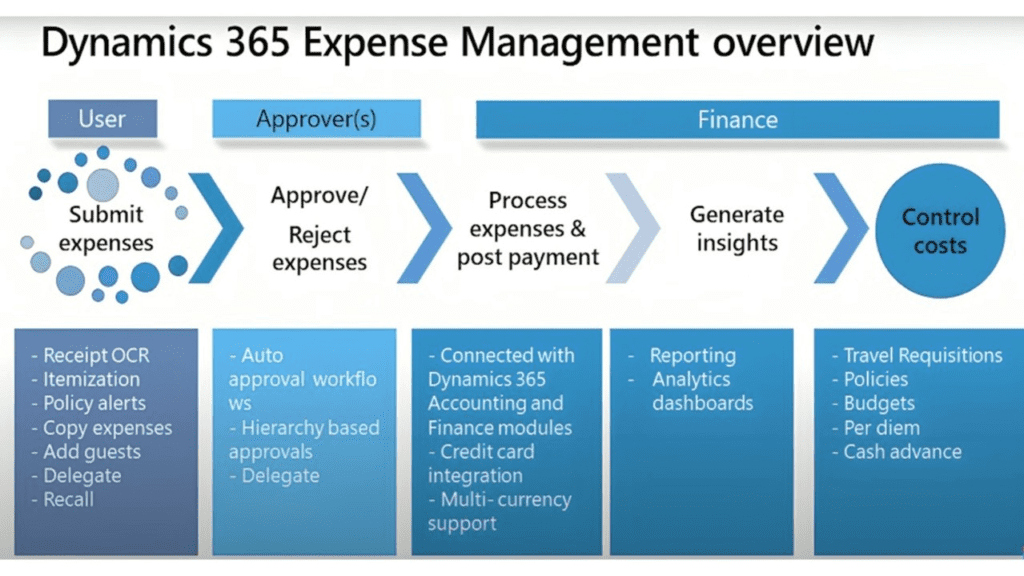
Table of Contents
ToggleIntroduction
In today’s regulatory landscape, maintaining compliance in expense reporting is more important than ever. Organizations must ensure that all expenses adhere to internal policies and external regulations to avoid financial discrepancies and legal issues. Dynamics 365 Project Operations provides a robust framework for managing expense reports, making it essential for organizations to implement effective policies and validation rules. This article highlights the necessity of compliance in expense reporting and outlines best practices for enforcing policies within Dynamics 365 Project Operations.
The Importance of Compliance in Expense Reporting
- Financial Integrity: Compliance ensures that expenses are accurately reported and categorized, preserving the integrity of financial statements.
- Risk Mitigation: Adhering to compliance guidelines reduces the risk of fraud, misuse of funds, and potential audits, safeguarding the organization against financial losses.
- Employee Accountability: Clear policies help employees understand their responsibilities regarding expense submissions, promoting accountability and transparency.
- Regulatory Adherence: Many industries are subject to specific regulations regarding financial reporting. Compliance in expense management helps organizations align with these regulations.
Implementing Effective Policies in Dynamics 365 Project Operations
Define Clear Expense Policies
- Establish Guidelines: Organizations should create comprehensive expense policies that clearly outline what is reimbursable, the limits on various expenses, and the required documentation for each type of expense.
- Utilize Dynamics 365: Use the Expense Management module to document and communicate these policies to all employees, ensuring that everyone is aware of the expectations.
Set Up Expense Categories
- Categorization: In Dynamics 365 Project Operations, categorize expenses appropriately (e.g., travel, meals, office supplies) to ensure that expenses are tracked and reported correctly.
- Validation Rules: Implement validation rules within each expense category to enforce compliance with company policies. For example, you can set limits on specific categories to prevent excessive spending.
Configure Approval Workflows
- Automate Approval Processes: Use Dynamics 365 Project Operations to establish automated approval workflows for expense reports. These workflows can route submissions to designated managers for review and approval based on predetermined criteria.
- Policy Enforcement: Ensure that expense reports are reviewed for compliance before approval. Automated notifications can alert managers to any discrepancies or non-compliant entries.
Require Receipts and Justifications
- Receipt Requirements: Set up the system to mandate that employees attach receipts for all expenses. This requirement can be enforced in the Expense Management settings to ensure that all entries are documented.
- Justifications for Certain Expenses: For specific categories, like meals and entertainment, require employees to provide a justification. This can be configured within the expense category settings to ensure accountability.
Utilize Reporting and Analytics
- Monitor Compliance: Use the reporting capabilities in Dynamics 365 Project Operations to track expense submissions and identify patterns that may indicate non-compliance.
- Regular Audits: Conduct regular audits of expense reports to ensure adherence to company policies. Reports can be generated to analyze spending trends, helping to identify any areas of concern.
Train Employees on Policies
- Employee Education: Provide training sessions and resources to educate employees about expense policies and compliance requirements. Use Dynamics 365 to disseminate training materials and updates.
- Clear Communication: Ensure that employees understand the importance of compliance in expense reporting and the impact of non-compliance on the organization.
Conclusion
Maintaining compliance in expense reporting is vital for organizations using Dynamics 365 Project Operations. By implementing clear policies, configuring validation rules, and utilizing automated workflows, organizations can effectively enforce compliance and ensure that all expenses adhere to company standards.
The integration of robust expense management practices not only protects the organization from financial risks but also fosters a culture of accountability among employees. By prioritizing compliance and policy enforcement, organizations can achieve greater financial integrity and operational efficiency in their expense management processes.
Expand Your Knowledge: See More Expense Management Blogs
I am Yogeshkumar Patel, a Microsoft Certified Solution Architect and Enterprise Systems Manager with deep expertise across Dynamics 365 Finance & Supply Chain, Power Platform, Azure, and AI engineering. With over six years of experience, I have led enterprise-scale ERP implementations, AI-driven and agent-enabled automation initiatives, and secure cloud transformations that optimise business operations and decision-making. Holding a Master’s degree from the University of Bedfordshire, I specialise in integrating AI and agentic systems into core business processes streamlining supply chains, automating complex workflows, and enhancing insight-driven decisions through Power BI, orchestration frameworks, and governed AI architectures. Passionate about practical innovation and knowledge sharing, I created AIpowered365 to help businesses and professionals move beyond experimentation and adopt real-world, enterprise-ready AI and agent-driven solutions as part of their digital transformation journey. 📩 Let’s Connect: LinkedIn | Email 🚀
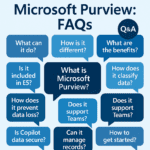
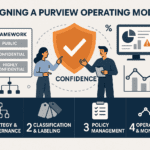
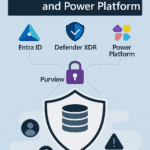
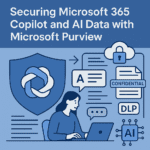

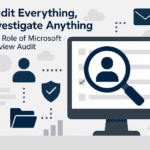

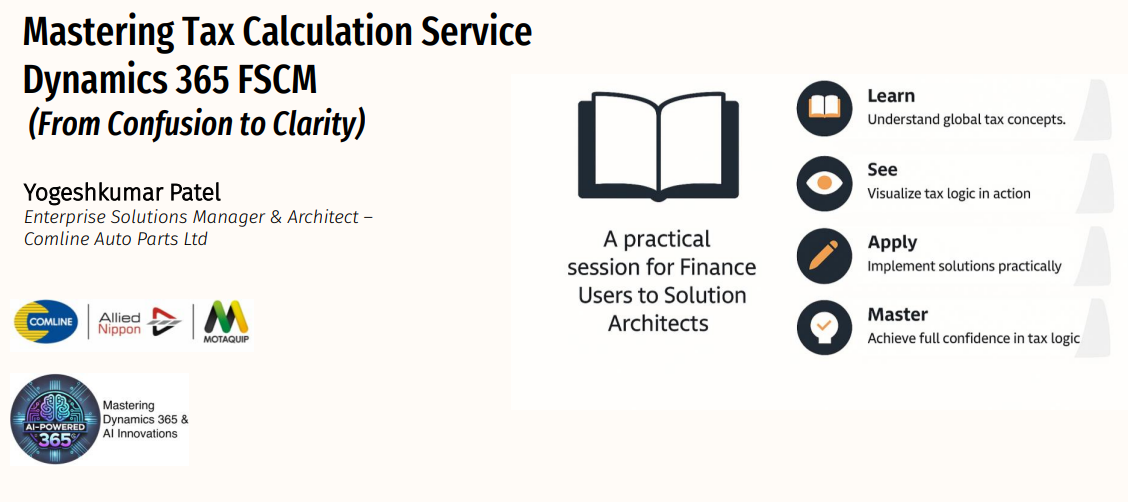
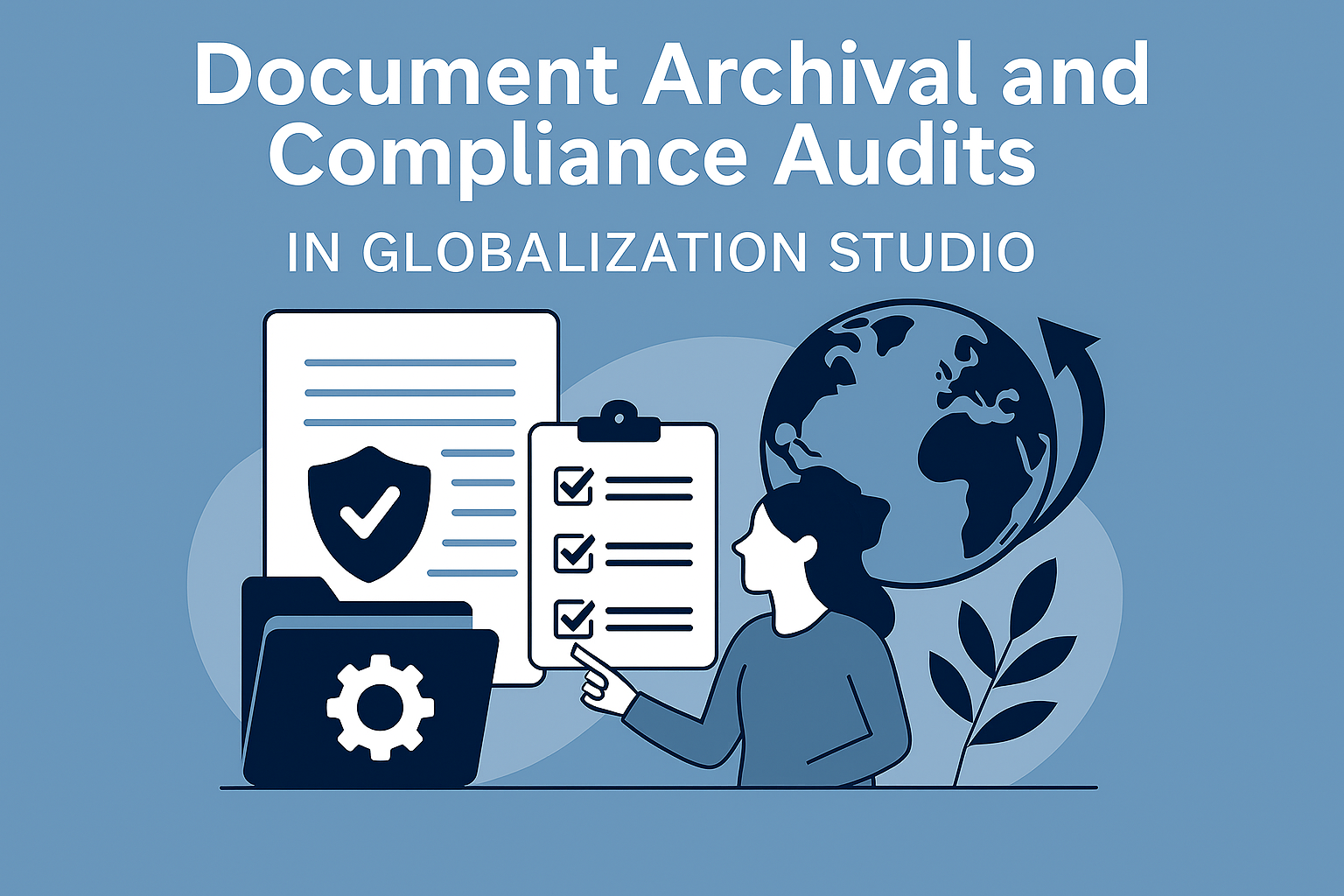











Post Comment